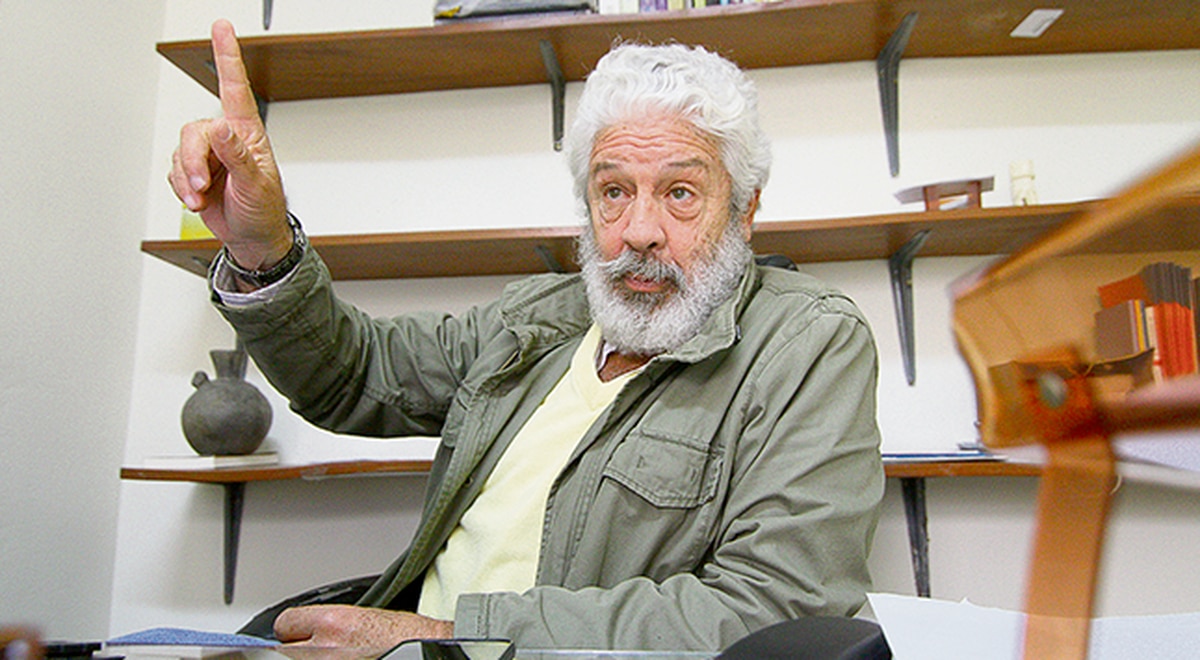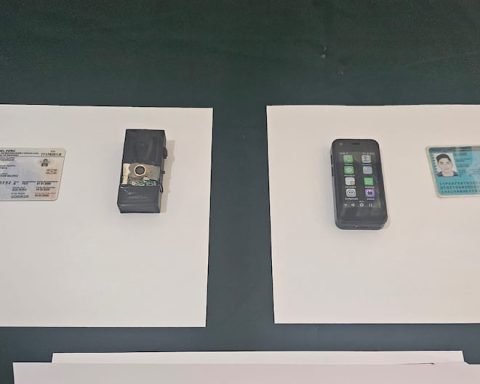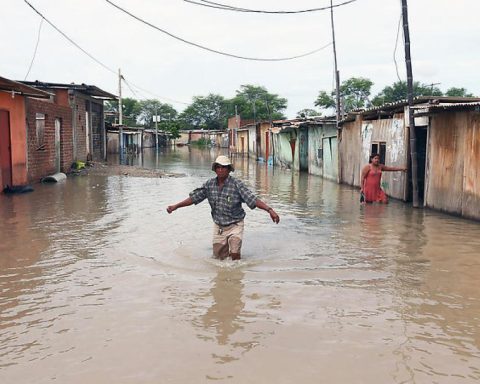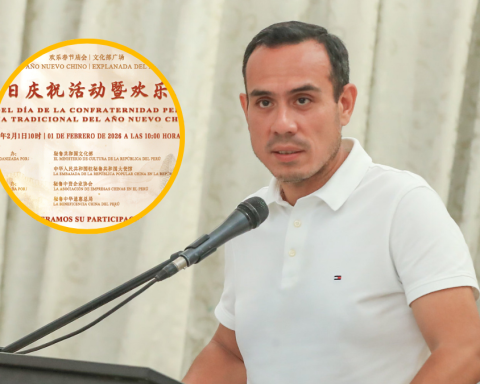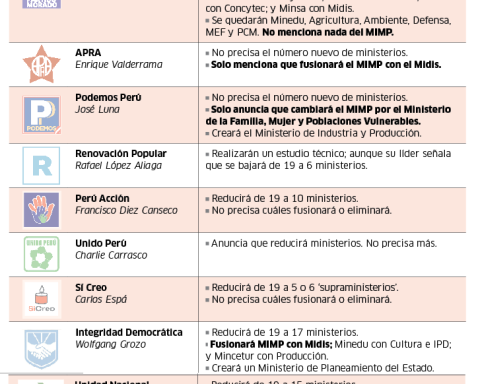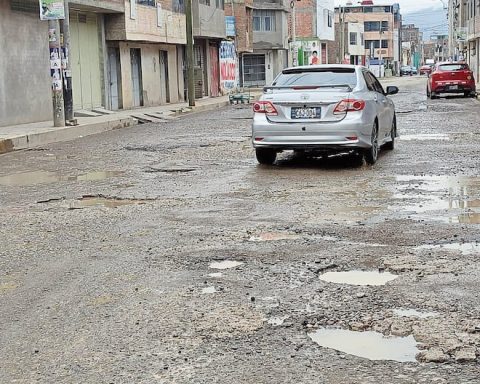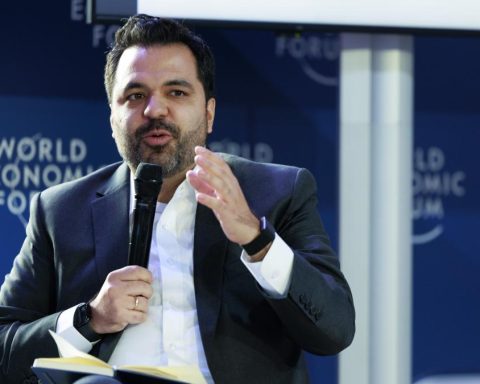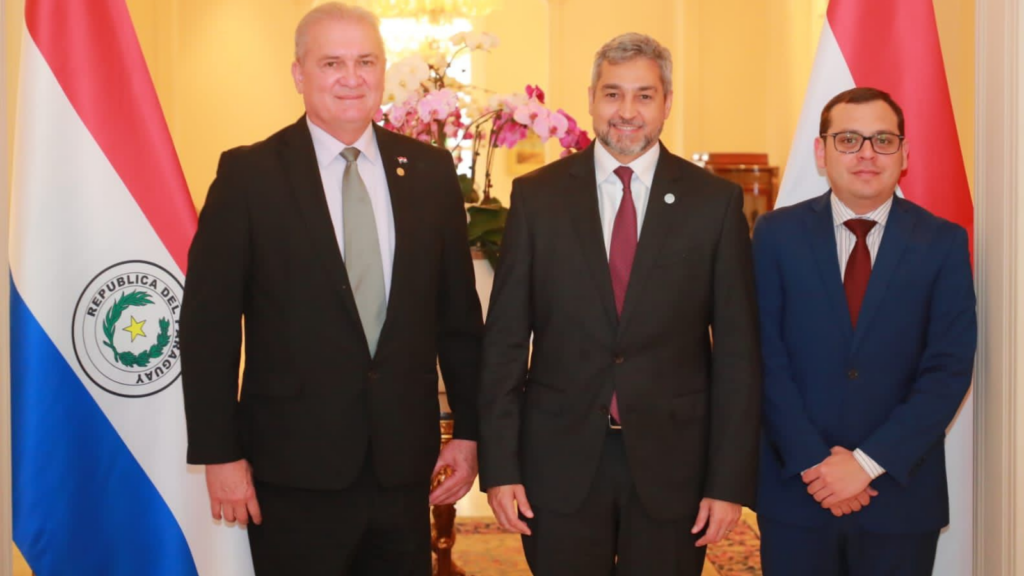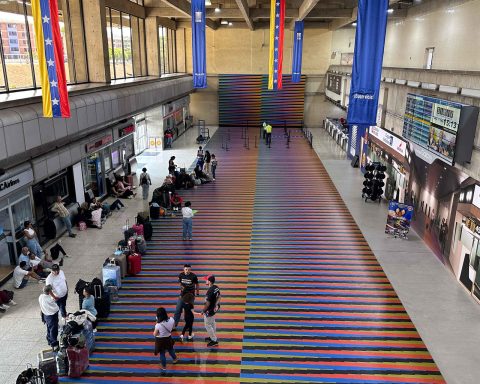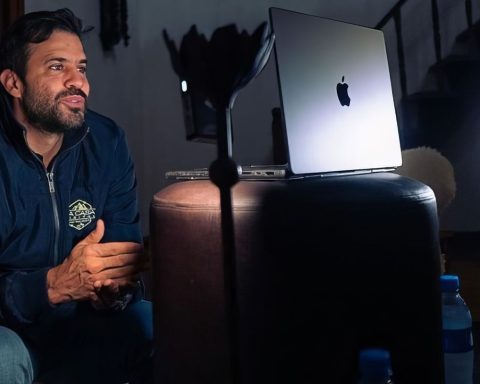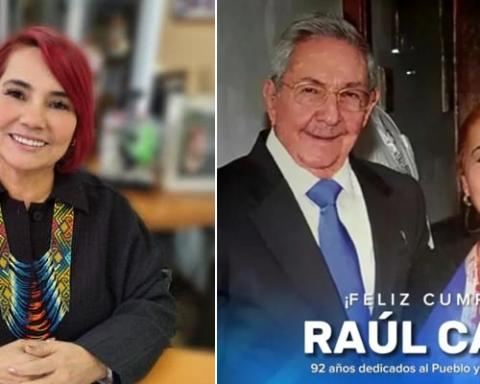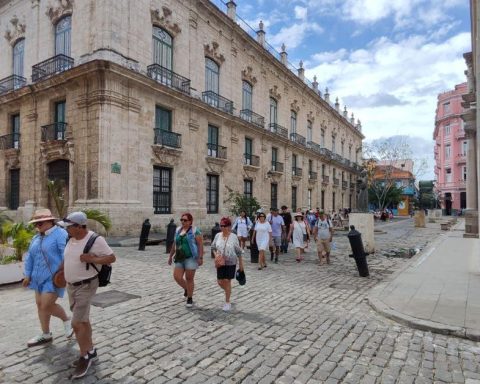—How do you see the government’s response to the protests in the interior of the country?
—What we are seeing is an overflow that is linked to the way it came out Pedro Castillo of the Presidencyoutput whose responsibility is fundamentally attributable to him. The immediate reaction of Congress trying to make us believe that this was the result of the action of Congress and different institutions in defense of democracy, (…) and skipping a significant number of procedures that they had to comply with to act within the constitutional legal framework, they began to throw gasoline to a bonfire that was lit and to the discomfort of the people.
If we add to this the decision of the president who appoints a cabinet that first paralyzes and, immediately afterwards, resorts to the easy artifice of denouncing the presence of terrorists and harassers, initially threatening and quickly deciding on a state of emergency, we have a scenario like today in which there is definitely a lack of control. Where the legitimate demands of the population are mixed with manifestations of violence and taking advantage of the situation of minority sectors that take advantage of the moment to generate fear and commit vandalism.
—Was there a late response from the Executive?
—I think there is a late response, but when they start to respond, they respond in the worst way. That is to say, they respond by not trying to dialogue or understand what is happening, but resorting to the easy expedient of accusing those who protest of being violent, terrorists, senderistas, etc. The Prime Minister, the Minister of the Interior and the Minister of Justice have been in that tone since Sunday night. They have not contributed to trying to understand and resolve what is happening.
—The premier and the interior minister are said to have told Boluarte that the protests would end on Monday. That has not been the case and, what’s more, it seems that it is escalating more and more. Has the population been underestimated?
—It is not even that they have underestimated the population, they do not understand what is happening. If one looks at the territory of the country, one realizes that there are at least 18 regions where there are mobilizations, platforms of struggles and discomforts, to which different actors are added as the deaths and injuries multiply, which are predominantly young people and even children. It is evident that the malaise grows and overflows.
—Do you consider that this “disconnection from reality” by the Government has been on purpose?
—It is a disconnection from the Government and Congress. While the deaths have been happening, we have seen a spectacle of violence and irresponsibility in Congress that followed the tremendous frivolity of these photos where they attributed the triumph of the fall of Pedro Castillo. (…) It seems that neither the Government nor Congress are interested in what we are experiencing.
—The other protagonist of this crisis is Congress. At a time of serious social upheaval, coincidentally, the opposition has lowered the intensity of its control of the Government after Castillo’s vacancy. There were even calls for the level of police response to be raised. What explanation can there be behind this?
—What happened yesterday on the part of Congress is a consequence of the behavior of majority and important sectors of it that, before the Castillo government was installed, already wanted to disappear it. They feel that what it is about is punishing those who, in their most polarized and microscopic view, are mobilizing to support Castillo. On the part of the Government, what there is is the traditional view of someone who puts his will to remain in the Executive branch for as long as possible and who resorts to arguments that are absolutely worn out in this country that has a fairly close history of violence. and irresponsibility.
—The last protagonist, now imprisoned, is Pedro Castillo, who, through these letters, in addition to still considering himself president, stirs up the population. It even seems that he does not show any regrets about the coup attempt. How to understand this version of Pedro Castillo? Do you think it is the same Pedro Castillo who was in the Government?
—It is a position as irresponsible as the one he had in the Government. It is more serious because at the moment we are in it is irresponsible to add fuel to the fire, which is costing the country lives. He is absolutely contradictory with what he has shown all these months: it turns out that now he was determined to carry out a constituent assembly, something that he denied from day one and something for which he did absolutely nothing. His irresponsibility is part of a line of behavior that he maintains.
—What is the way out of the political and social crisis that has worsened with Castillo’s attempted coup?
—I would say that the pronouncement that the National Assembly of Regional Governments is to show a pinch of output. I would say that the possibilities of exit suppose decisions of the president. The first of which should be the change of her prime minister, her home minister and her justice minister at the very least. Accordingly, Congress and the president must agree in the very short term that we are going to general elections in 2023.
Third, to also agree on how to deal with some of the biggest and clearest emergencies in the country. For example, the situation of agriculture, the issue of fertilizers and the issue of food insecurity and hunger that is coming in the country. Also attention to the worst drought in the last 50 years. I am pointing out things that, by common sense, should be part of an immediate response from those who are the Government. Both Mrs. Boluarte and Congress are the Government, despite our regret.
—After months, the advancement of elections was finally put into debate. Do you see any consensus between the Government and Congress for them to leave?
—If they have a minimum of responsibility and if they begin to connect with reality, they have to understand that they have to leave as soon as possible. And the shortest possible deadline is 2023. I don’t know if in July or December, but they have to leave in 2023. We cannot pretend, because the conditions do not exist and there is no time, major reforms or substantive decisions. We will have to trust that it is the future Government and the future Congress that begin, starting with minimal steps, to make the most profound reforms, among other things, to the political and party system.
